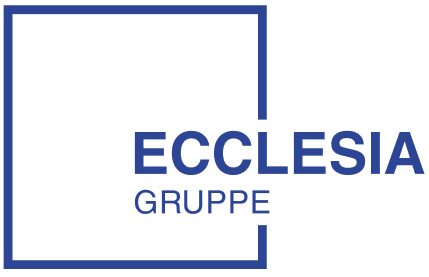
Car insurance
Market situation and review
In the past year, German motor insurers have tried to implement major restructuring measures for their customers due to the very high claims inflation of an estimated 15 percent. Looking at the premiums collected in 2024, it can be seen that these have increased by less than ten percent on average. The resulting difference of around five percentage points is causing a further increase in cost pressure. After all, the motor vehicle business last year led to an estimated loss of over three billion euros in the insurance industry. For the current financial year 2024, a loss of at least 2.5 billion euros is expected – a smaller, but still high, figure.
But what is the cause of the sharp cost increases that burden risk carriers and ultimately customers with rising premiums? The reasons are manifold: rising spare-part costs, very high hourly rates at garages, and more elaborate repairs due to the ever-greater complexity of assistance systems. This trend has intensified significantly in recent years: according to the German Insurance Association (GDV), for example, car spare parts have become more expensive by an average of over five percentage points per year since 2013. Accordingly, carmakers have raised prices by 9.7 percentage points between August 2022 and August 2023. The same applies to the development of hourly rates in automotive workshops: from 2017 to early 2021, the cost per hour of labor rose by around €22, and this trend has continued since then.
Market development 2024/2025
Motor insurance remains the largest line of property and casualty insurance. Overall, insurers have estimated that they will record approximately €30.3 billion in net premium income for 2023. In 2022 and 2021, this figure was €29.1 billion each year.
In the years before the pandemic, claims expenditures had risen to a total of almost 25 billion euros by 2019. The combined ratio remained consistently just below 100 percent during these years. In the pandemic years of 2020 and 2021, claims expenditures fell significantly due to the low traffic volume.
However, this trend reversed again from 2022, with a total of €26.1 billion paid out in claims. In 2023, the figure was as high as €29.6 billion. As a result, the combined ratios have trended increasingly negative in recent years: starting at 94.8 percent in 2021, rising to 101.2 percent in 2022, and peaking at 110 percent last year.
The number of vehicles registered in Germany also increased to a total of 67.7 million by 2020. During the Corona years, the vehicle population remained stable, but in 2023 a new peak was reached with 70.2 million registered vehicles.
Based on developments and after initial discussions with the major German motor insurers, we expect average pure tariff adjustments of 15 to 20 percent for 2025. These premium increases do not include individual restructurings due to claims history. Here, we expect premium increases that could be over 50 percent in some cases.
So far, there are no signs of a real price war in the market. Insurance companies will concentrate on getting their own portfolios out of the red. Nevertheless, savings are possible for fleets with a very good claims history.
For this reason, the topic of prevention is becoming increasingly important and it is more and more important for fleet managers to keep claims expenditures under control. With RMSecur & Consulting GmbH, our own risk manager within the Ecclesia Group, we as deas offer our customers a detailed advance analysis of the current accident and fleet situation, structured and methodical identification of motor vehicle risks as well as a complete risk analysis including evaluation and thus cost control.
Conclusion
Since there is no end in sight to the price increase, we expect the high cost pressure to continue even after 2025. The sharp increase in the cost of materials and labor hours, as well as the ongoing inflation since the pandemic, give insurers little leeway for premium reductions overall. It is therefore crucial for policyholders to demonstrate portfolios that are performing as positively as possible in order to be able to talk to risk carriers about feasible savings potential.
Your deas solution
Since the beginning of this year, we have been combining the strengths of the motor vehicle departments of deas and Ecclesia within the group with the Ecclesia Mobility Competence Center. It is characterized by a comprehensive approach that goes far beyond the brokerage of suitable insurance solutions. The so-called motor vehicle ecosystem covers not only the entire life cycle of a vehicle, but also the complete range of corporate mobility. The focus here is on topics such as the fleet, feasibility studies, and alternative mobility and vehicle concepts. Due to the volume of premiums we have placed with the largest German fleet insurers, we are still able to achieve the best possible solutions for our customers in the difficult negotiations ahead, despite the cost pressure described above and the associated demands for restructuring.
Daniel Höckelmann
